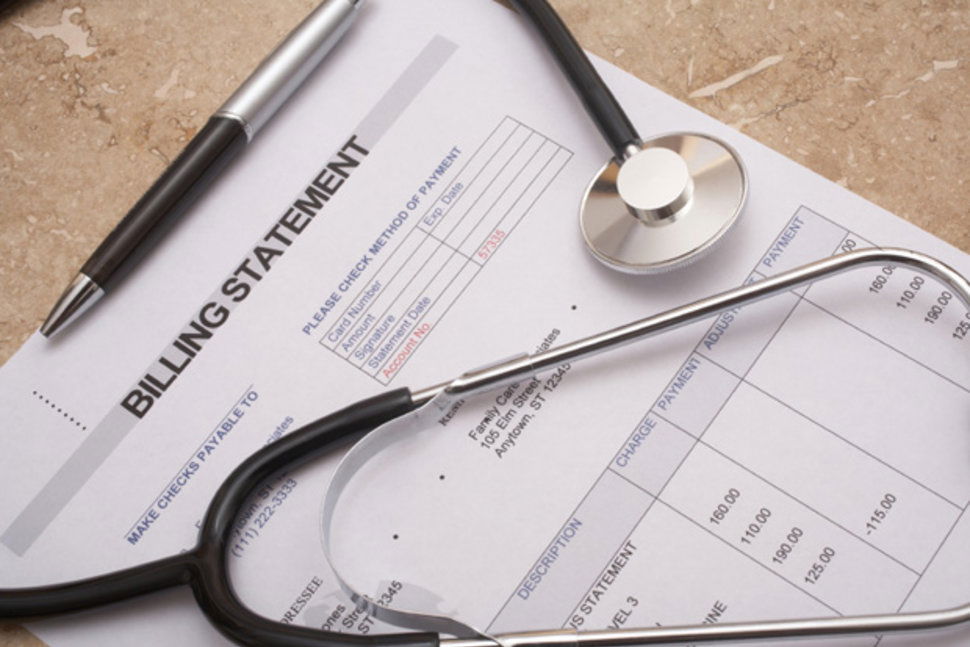Got a collection account dragging down your credit score? You’re not alone—and you’re not stuck. Whether it’s an old credit card, a medical bill, or a utility account you forgot about, collections can do serious damage. But the good news is: there are proven ways to get them removed from your credit report.

In many cases, you don’t even have to pay the full amount. From disputing errors to requesting a pay-for-delete, this guide breaks down the best ways to remove collections—and protect your score for the long haul.
How Collections Affect Your Credit Score
When a debt goes unpaid for several months—usually 120 to 180 days—the original creditor can turn it over to a collection agency. At that point, it shows up as a collection account on your credit report, even if the original account has already been charged off. This negative mark can stay on your credit report for up to seven years from the date the original account first became delinquent.
Collection accounts can drop your credit score by anywhere from 50 to 100 points when they first appear, depending on how strong your credit was to begin with. People with higher credit scores tend to see the biggest drops, since they have more to lose.
Unpaid collections used to hurt your credit score whether or not you eventually paid them. But newer scoring models—like FICO 9 and VantageScore 4.0—ignore paid collection accounts entirely. That means paying off a collection can help your score under those models, though many lenders still use older versions that treat paid and unpaid collections the same.
Can you remove a collection without paying it?
Yes—and in many cases, that’s exactly what you should try first.
If a collection account contains inaccurate, incomplete, or unverifiable information, the credit bureaus are required by law to remove it from your credit report. And because debts are often bought and sold multiple times, it’s common for errors to show up—wrong dates, wrong amounts, or even accounts that don’t belong to you at all.
Under the Fair Credit Reporting Act (FCRA) and the Fair Debt Collection Practices Act (FDCPA), you have the right to dispute any questionable information and to demand validation of the debt from the collector. If they can’t prove it’s accurate, it can’t stay on your report.
That’s why paying a collection should never be your first move. Once you pay, the debt is considered valid—and you lose much of your leverage to challenge it or negotiate a better outcome, like a pay-for-delete.
Step-by-Step: How to Remove a Collection Account
This is your action plan. Follow these five steps to give yourself the best chance of getting a collection account removed—for good.
1. Get Your Credit Reports
Start by downloading your free credit reports from all three major credit bureaus: Equifax, Experian, and TransUnion. You can get them once a week at AnnualCreditReport.com.
Don’t assume the same information shows up on all three reports. Some collection accounts appear on only one or two, so you’ll need to review each report separately.
2. Look for Errors
Go through each collection account line by line. Here’s what to check:
- Balance – Is the amount correct?
- Dates – Does the date of last activity look suspiciously recent?
- Duplicate accounts – Are the same debts listed more than once?
Debt buyers don’t always receive accurate or complete records when they purchase accounts, so mistakes are common. Even a small error gives you the right to dispute.
3. Send a Debt Validation Letter
If you see a collection account you’re not sure about—or one that just doesn’t look right—send the collector a debt validation request. This forces them to prove you owe the debt before they can continue collecting on it.
Under the FDCPA, once they receive your letter, they must stop all collection activity until they provide proof. That includes removing or pausing any reporting to the credit bureaus.
Make sure to send your letter within 30 days of the first written notice from the debt collector, if you have one. If it’s been longer, you can still send it—but their obligation to respond may not be the same.
Want help writing your letter? Use our free Debt Validation Letter Template to get started.
4. Dispute the Collection With the Credit Bureaus
If the debt collector can’t validate the debt—or if you find any incorrect details—dispute the account directly with each credit bureau.
You can do this online or by mail for better paper trails. The credit bureau has 30 days to investigate your claim. If the collector can’t prove the account is valid and accurate, it must be removed.
5. Consider a Pay-for-Delete Agreement
If the debt is valid and still within the statute of limitations, your best option may be to negotiate a pay-for-delete deal.
This means you agree to pay the collection—either in full or for a reduced amount—in exchange for the debt collector agreeing to remove it from your credit reports.
Here’s what matters:
- Get the agreement in writing before you pay.
- Never rely on verbal promises.
- Make sure it clearly states the account will be deleted upon payment.
Example pay-for-delete wording:
“Upon receipt of $___ as payment in full, [Debt Collector] agrees to delete the account from all consumer credit reporting agencies and provide written confirmation of the deletion within 10 business days.”
Special Case: Medical Collections
Medical bills are now treated more leniently under the latest credit scoring models—and you have extra time to sort them out before they hurt your score.
- 180-Day Grace Period: Debt collectors must wait at least 180 days before reporting unpaid medical bills to credit bureaus. That gives you time to deal with insurance and billing issues.
- FICO 9 and VantageScore 4.0: These newer models either ignore paid medical collections or weigh them far less than other types of debt.
- Paid Medical Collections: As of 2023, paid medical collections no longer appear on consumer credit reports, thanks to policy changes from the credit bureaus.
If your medical debt still shows up:
- Compare the bill to your Explanation of Benefits (EOB) from your insurance provider.
- Call your provider and your insurance company to clarify anything that doesn’t match.
- If necessary, ask for billing adjustments or sign up for a payment plan directly with your provider.
Once you’ve resolved the bill—or confirmed an error—dispute it with the credit bureaus or request the collection agency remove it.
What to Know About Statute of Limitations vs Reporting Time
It’s easy to confuse the statute of limitations with the credit reporting time limit, but they’re two different things—and both matter when dealing with collections.
- Credit reporting time limit: Collection accounts can legally stay on your credit report for up to 7 years from the original date of delinquency—not from when the collection agency got the debt or last contacted you. This rule is set by the Fair Credit Reporting Act (FCRA) and applies even if the debt is unpaid.
- Statute of limitations: This is the window of time a debt collector can sue you for payment. It varies by state and type of debt—typically between 3 and 6 years, but sometimes longer. Once that period expires, the debt becomes “time-barred,” and they can no longer legally take you to court (though they might still try).
Here’s the trap: if you make a payment or even promise to pay, you could reset the statute of limitations clock. This is called re-aging, and it gives debt collectors a fresh window to sue you—even on an old debt. Always check the age of the debt before taking any action.

What If the Collection Is Legit and Still Within the Statute?
If the collection is accurate, and still within the statute of limitations, you have a few smart options.
Negotiate a Settlement
You can often settle the debt for less than you owe. Debt collectors may accept 30%–60% of the balance just to close the account. Before you agree:
- Get the offer in writing.
- Ask them to note the account as “Paid in full” or “Settled” after payment.
- If possible, negotiate a pay-for-delete deal.
Avoid Re-Aging
Never agree to a payment plan or partial payment until you understand your state’s statute of limitations. A small payment can restart the clock and put you back at risk for a lawsuit.
Ask for written proof of the debt’s last activity date and statute timeline before you pay anything.
When to Leave It Alone
If the collection is small, already a few years old, and not actively affecting your ability to get credit, sometimes the smartest move is to do nothing. Once it hits the 7-year mark from the original delinquency, it must fall off your credit report automatically—even if it’s unpaid.
When to Get Help From a Credit Repair Company
If you’re overwhelmed, ignored by creditors, or just don’t want to deal with the hassle, a credit repair company can take over the process.
Here’s what reputable companies do:
- Review your credit reports in detail
- Dispute inaccurate or unverifiable collections on your behalf
- Request debt validation letters
- Push credit bureaus and collectors to follow the law
- Help negotiate pay-for-delete agreements if needed
One of the top-rated options is Credit Saint. They’ve helped thousands of consumers successfully remove inaccurate collections, duplicate accounts, and re-aged debts from their reports.
Compare the best credit repair companies if you’re not sure where to start.
Ready to Repair Your Credit?
Learn how to get help disputing errors on your credit report that could be hurting your credit score.

Final Thoughts
Collections can wreck your credit score—but they don’t have to stay on your credit report forever.
Whether you’re spotting errors, sending disputes, negotiating settlements, or working with a pro, there are proven ways to remove collection accounts and start rebuilding your credit.
The key is to take action. The longer you wait, the more damage collections can do. But with the right steps, you can move forward and get your credit back on track.




